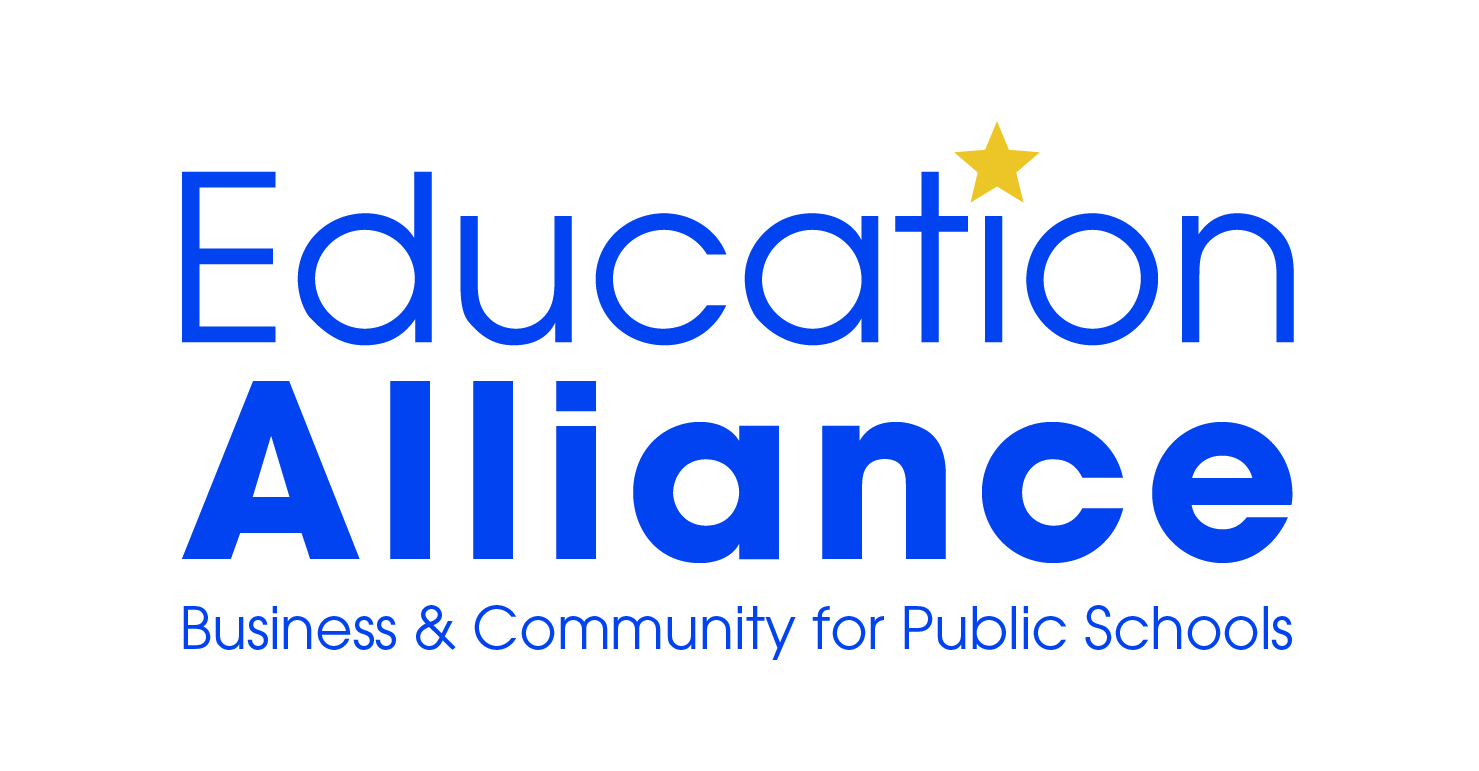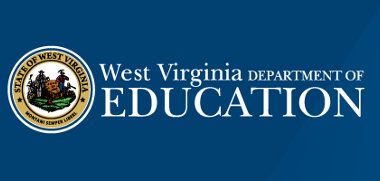Students at Toyota Motor Manufacturing of West Virginia, Dominion Energy, WV American Water and Appalachian Power starting July 6
WV Press Sharing
CHARLESTON, W.Va. — The Education Alliance’s vision is clear: “Every West Virginia public school student will graduate ready to begin a career or pursue additional education and training.”
Dr. Amelia Courts and the staff at the Education Alliance — a nonprofit organization that advocates for a quality public education for all West Virginia children — is making that vision a reality for students.
In July, the Education Alliance starts another WV Ready Internship program, with students at Toyota Motor Manufacturing of West Virginia, Dominion Energy, WV American Water and Appalachian Power. The four-week program provides students with opportunities to explore future jobs, earn money, and build a resume for college or careers.
Orientation is Wednesday with students starting the internships on July 6.
The WV Ready Internship program is an ongoing Education Alliance program.
Earlier this year, the Education Alliance shared a virtual program for Capital High School’s Capstone Presentation with West Virginia American Water.

The Education Alliance provided the following information on its program, which did adapt and continue during the COVID-19 pandemic:
- The virtual work-based learning internship program is a pilot program facilitated during the January – May 2021 semester. It is part of the WV Ready Internships programming that The Education Alliance has facilitated since 2019.
- As part of the pilot program, The Education Alliance worked with businesses and teachers to develop Career Readiness tools that could be used live with students and archived in an online learning management system for teachers to use later with their students.
- The course was comprised of two main components:
- Weekly Job Shadowing Training Modules from 13 different businesses (small businesses and big corporations) across the state. Students learned about the different career opportunities, went on a virtual tour of each business, and learned a different skill or characteristic each week that is essential for careers in today’s world. These training modules were recorded, uploaded, and archived so teachers could view at a later date with students if they were not able to join live.
- Capstone Project and Mentoring – students were assigned a capstone project by their matched business to complete by the end of the semester. For example, WV American Water assigned Capital High School students the capstone project “How to extend a water main line.” They had to determine calculations and steps to complete the project and present out to the business leaders at the end of the semester. Each week they had a call with their matched business to do a deeper dive into career opportunities at that business and work to complete various components of their capstone project with their business mentor
- This was a pilot program this past semester with four full participation high school schools: Capital High School, Herbert Hoover High School, and St. Albans High School in Kanawha County; and Independence High School in Raleigh County. They completed both parts (1 and 2 above) of the project. 28 students who completed the full Virtual Work-based Learning Internship pilot program.
- Schools also had the option to be partial participants in the pilot program. Partial Participation schools indicate that a teacher used a few of the weekly job shadowing training modules to complement a class they were currently teaching. They did not participate in the weekly mentoring calls or capstone projects. Partial participation schools included Jefferson High School in Jefferson County, Oak Hill High School in Fayette County, and several other classes at Herbert Hoover High School who watched a few training modules but did not participate in the full program. Approximately 80 students participated in the partial participation option at their respective school (we are in the process of gathering final confirmed numbers from teachers).

— The Education Alliance was established in July 1983 by business executives who saw the importance of supporting public schools and giving the business community a voice in education. As a nonprofit organization, it is supported 100 percent by grants and donations.







